Material Suite is a series of utilities that enhance the capability of DEFORM in micro-structure, mechanical properties and part performance modeling. It includes tools that significantly reduce the time and effort required to develop material models, and also allows for advanced material modeling and strength prediction studies.
The included TTT, flow stress and JMAK data preparation tools simplify material characterization tasks. The TTT tool computes Time-Temperature-Transformation curves based on the chemical composition of carbon, alloy and stainless steels. The flow stress utility converts compression test data to flow stress constitutive equations through curve fitting. Fitting methods also compute JMAK model constants for grain growth and recrystallization equations from experimental data.
Material Suite includes features that connect with external software. The strength model provides links to third-party yield and ultimate tensile strength predictions, based on neural network methods. DEFORM results can also be output to a DARWIN life prediction model using SIESTA files. Finally, the ANSYS export interface bridges the gap between manufacturing simulation and structural fatigue and in-service analyses.
A variety of advanced microstructure modeling and representation tools are provided. Cellular Automata (CA) models predict grain morphology and grain size evolution due to recrystallization and grain growth kinetics. Monte Carlo probabilistic modeling statistically quantifies processing and material variation in thermomechanical operations. Crystal plasticity models calculate texture evolution with deformation. Representative volume element (RVE) modeling links macro-scale component simulations to micro-scale response. RVE models have application in void closure, porous material density and defect evolution prediction.
Material Suite
- CA models are integrated with DEFORM-2D and the Microstructure Module, as a post-processing function.
- DEFORM-2D and/or DEFORM-3D with the Microstructure Module are required to run material models.
- Third-party strength prediction software, such as ANSYS or DARWIN, are not included.
